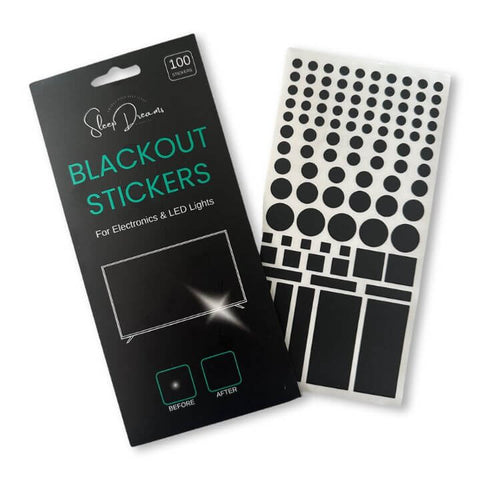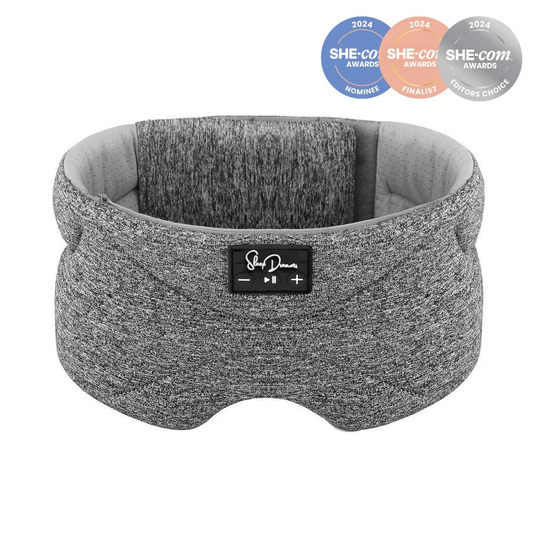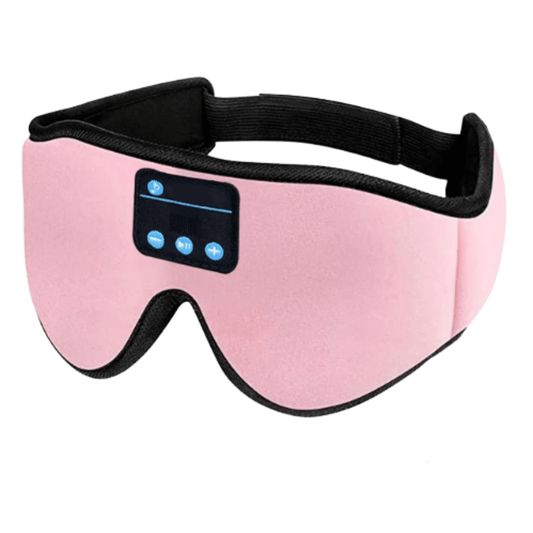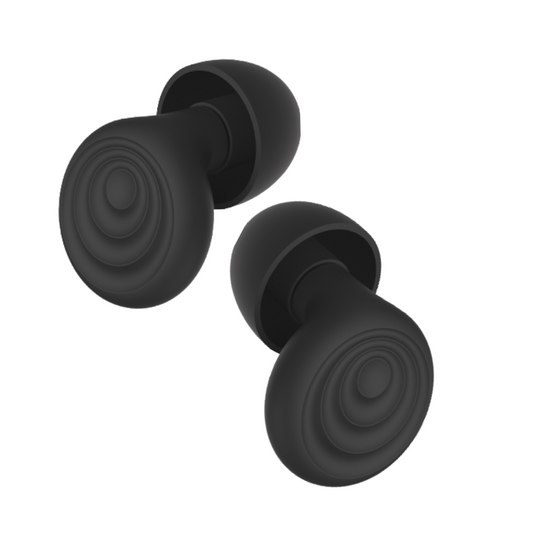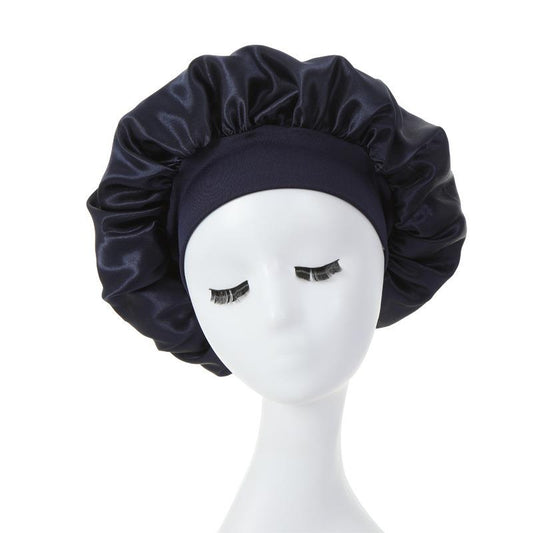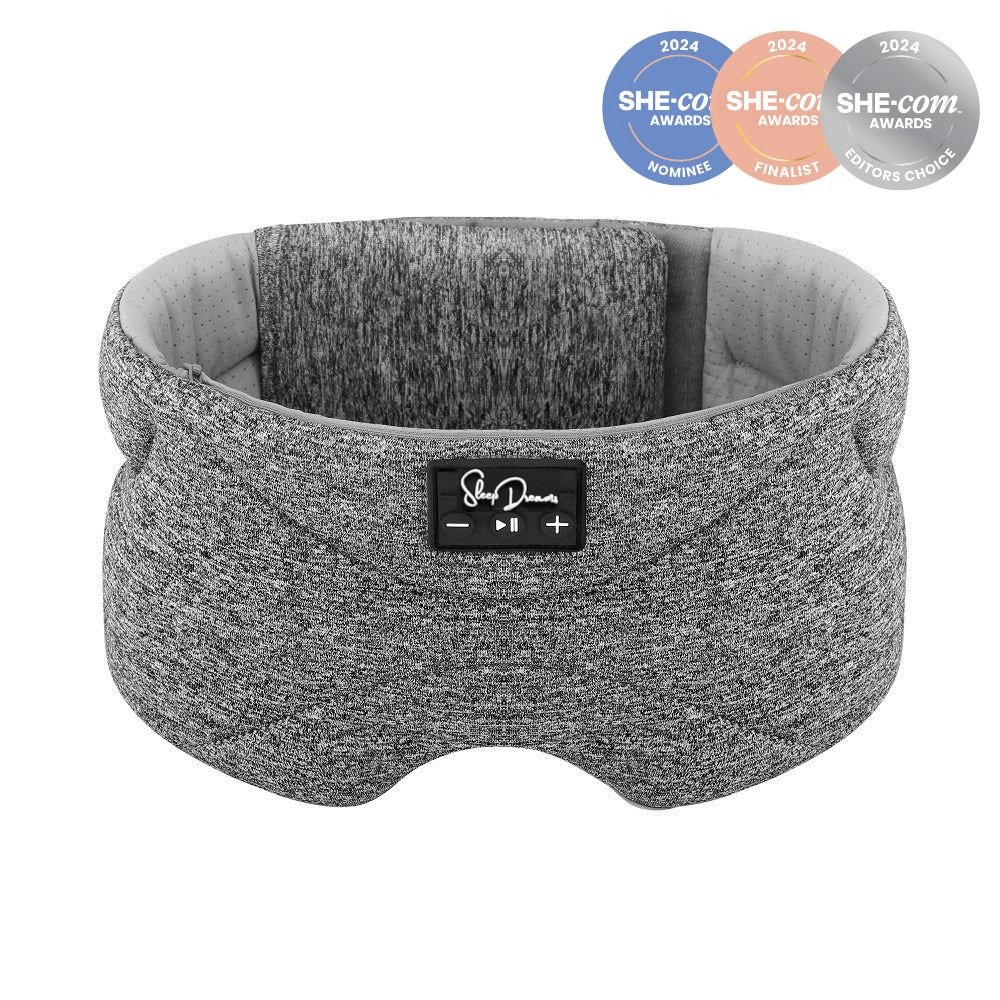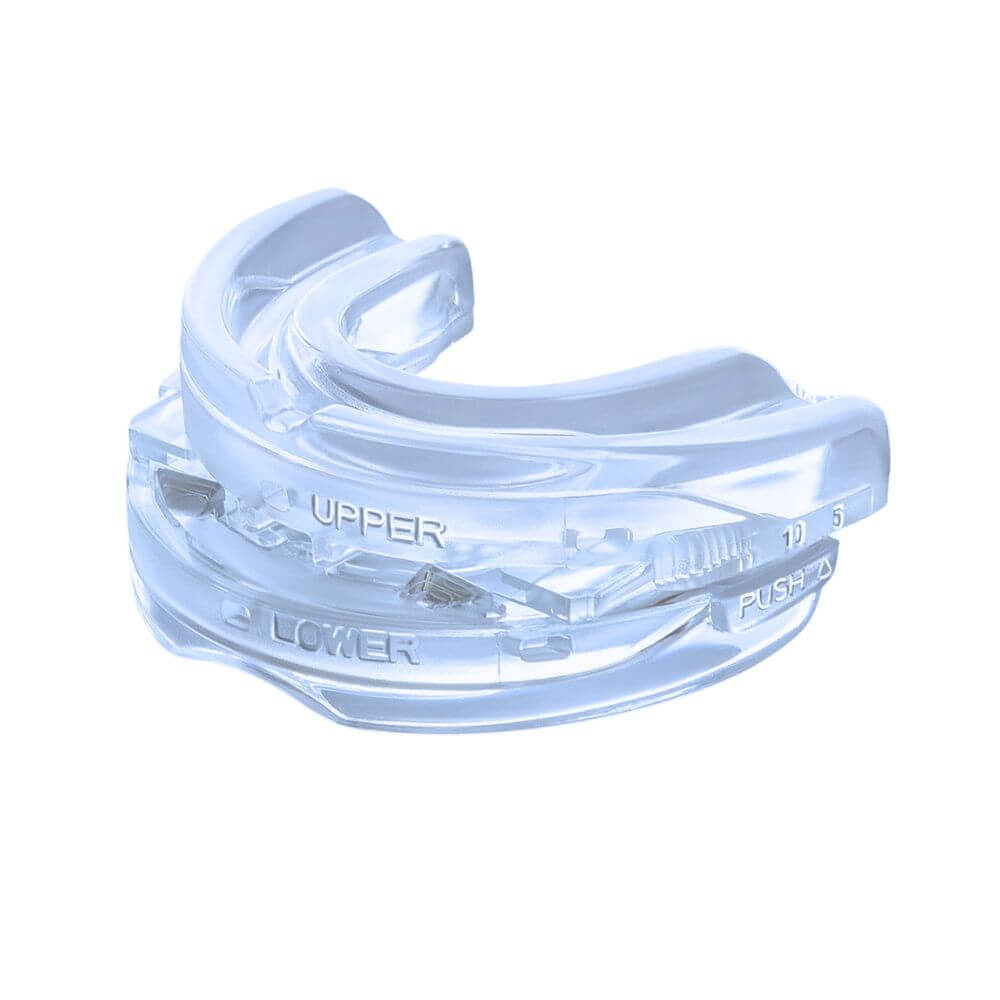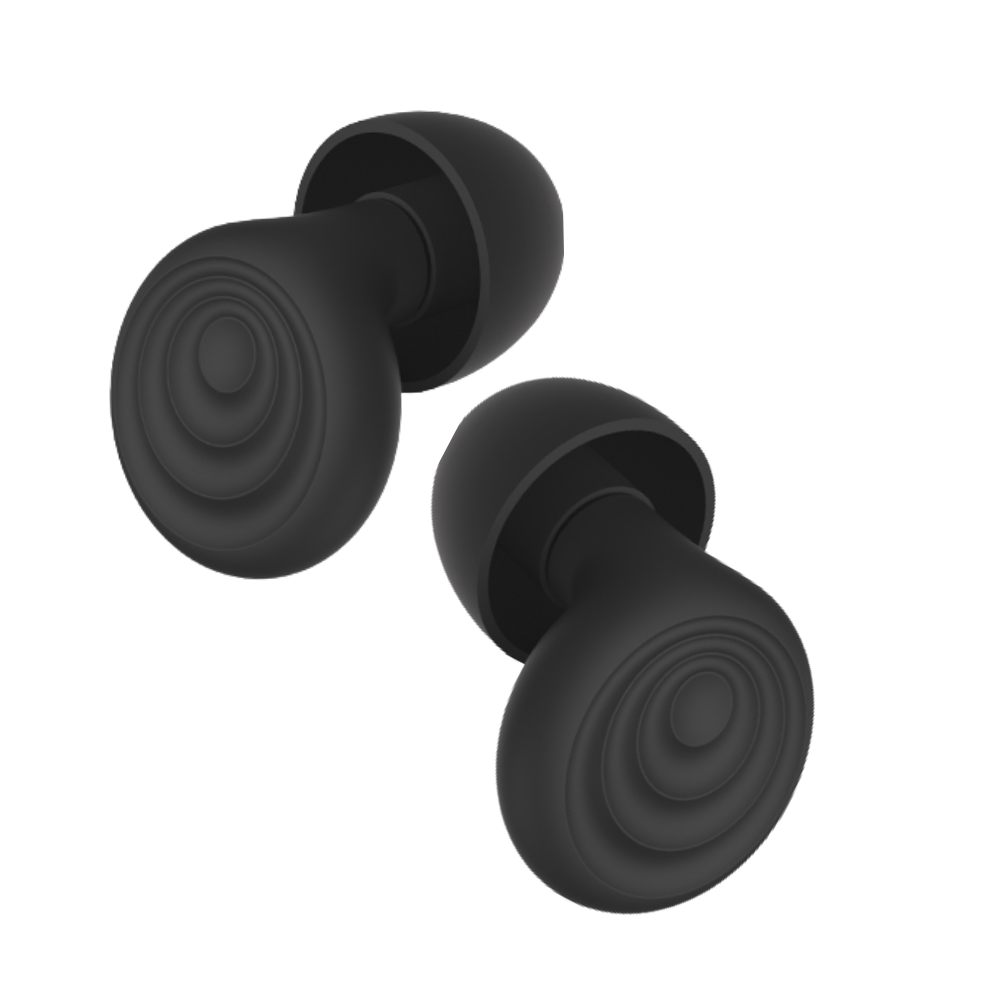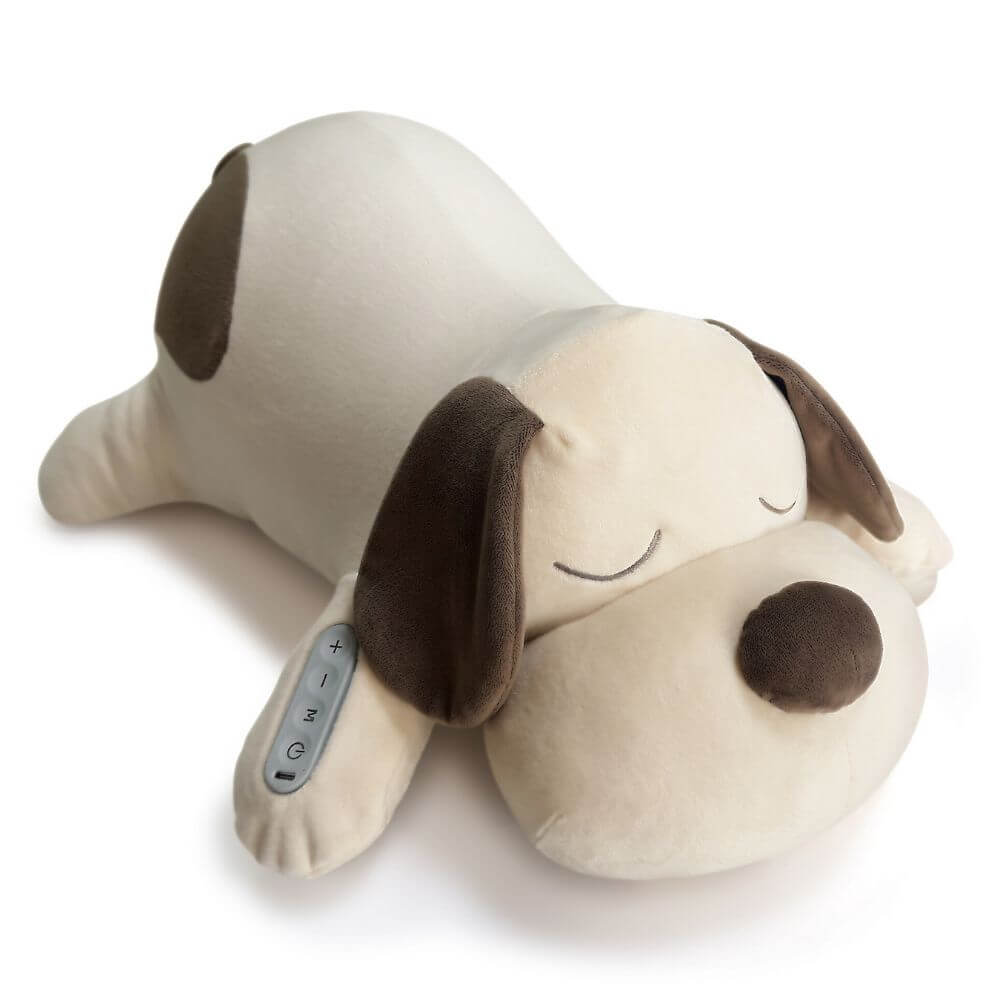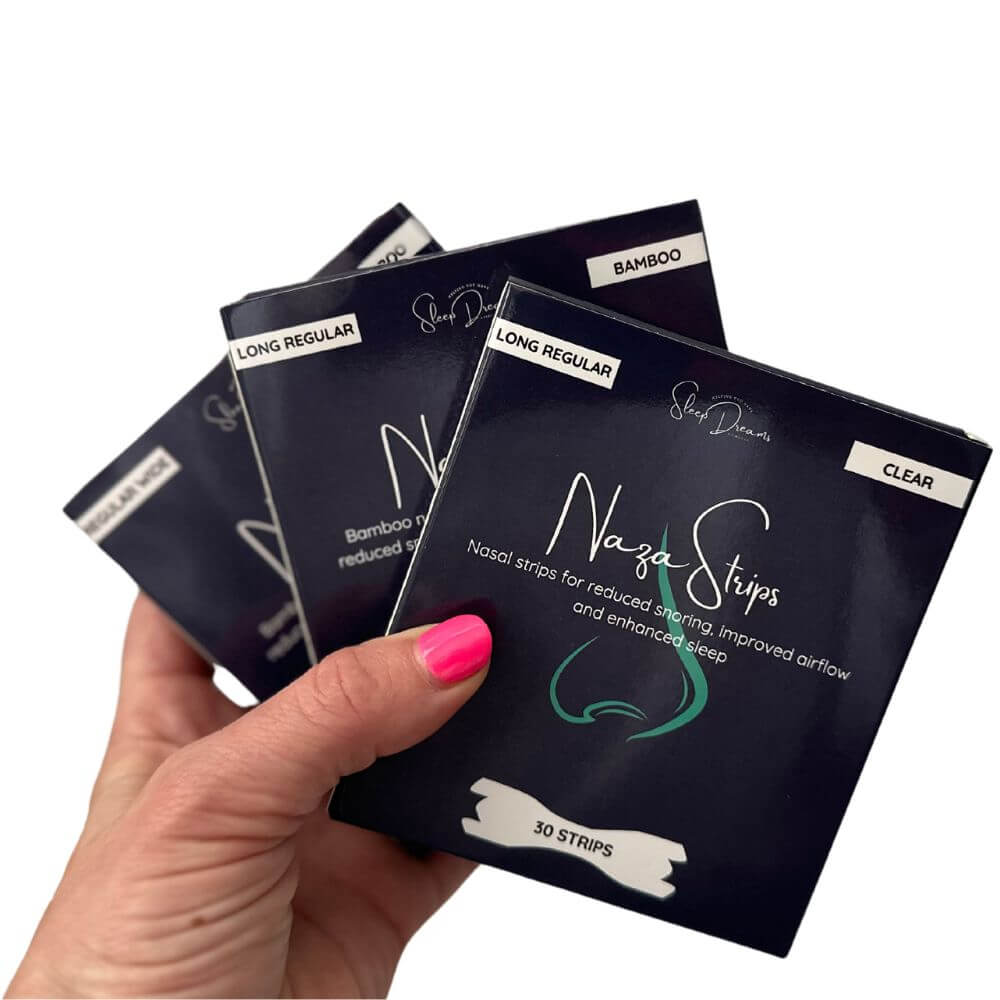Some of you may have been there: you're trying to get a good night's sleep, but every time you do, you wake up with a headache or your jaw feels sore. Chances are, you're grinding your teeth at night. But why? And what is bruxism, exactly? And why do we do it? Keep reading to find out everything you need to know about this common condition.

What is Bruxism?
Bruxism is the medical term for teeth grinding. It can happen during the day or at night, but most people grind their teeth at night without realising it. In fact, bruxism is thought to affect up to 30% of adults.
There are two main types of bruxism:
- clenching, which is when you clench your teeth together tightly, and
- grinding, which is when you slide your teeth back and forth over each other.
Most people do both clenching and grinding when they brux.
Why Do We Grind Our Teeth?
The exact cause of bruxism is unknown, but there are several theories. One theory is that it's a coping mechanism for stress or anxiety. Another theory suggests that it could be caused by an abnormal bite or misaligned teeth. Bruxism has also been linked to sleep disorders like apnea and Parkinson's disease.
Where did the Name Bruxism Come From?
Bruxism comes from the Greek word "brychein" which means "to grind."
How Many People in Australia have been Diagnosed with Bruxism?
As many as 10% of Australians suffer from bruxism according to researchers. That means that out of a population of 25 million people, 2.5 million are grinding their teeth at night!
How Do I Stop Grinding My Teeth?
If you think you might be grinding your teeth at night, the first step is to schedule an appointment with your dentist so they can take a look and confirm the diagnosis. From there, they may recommend one or more of the following treatments:
- Wearing a mouthguard/splint: This is a custom-made appliance that fits over your teeth and keeps them from coming into contact with each other.
- Botox injections: Believe it or not, botox can help relax the muscles in your face and Jaw, reducing bruxing.
- Biofeedback devices: It's an emerging technology but some specialists may recommend getting a biofeedback device to track your clenching and grinding habits so you can be aware of them and try to reduce them.
- Relaxation techniques: Learning how to relax and manage stress can help reduce bruxing habits try thinking about yoga or meditation before bed.
Bruxism is a common condition that affects up to 30% of adults worldwide. While the exact cause of bruxism is unknown, there are several theories as to why we grind our teeth, including stress or anxiety, misaligned teeth, and sleep disorders like apnea or Parkinson's disease. If you think you might be grinding your teeth at night, the first step is to schedule an appointment with your dentist so they can take a look and confirm the diagnosis. From there, they may recommend one or more of the following treatments: wearing a mouthguard/splint; botox injections; biofeedback devices; relaxation techniques.



